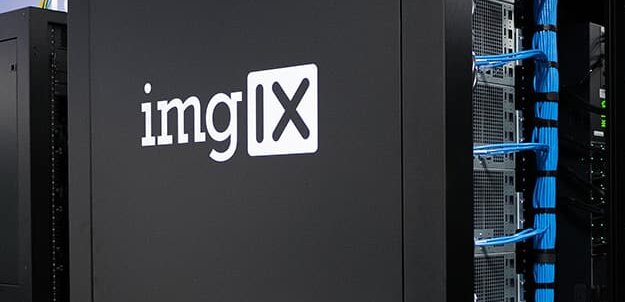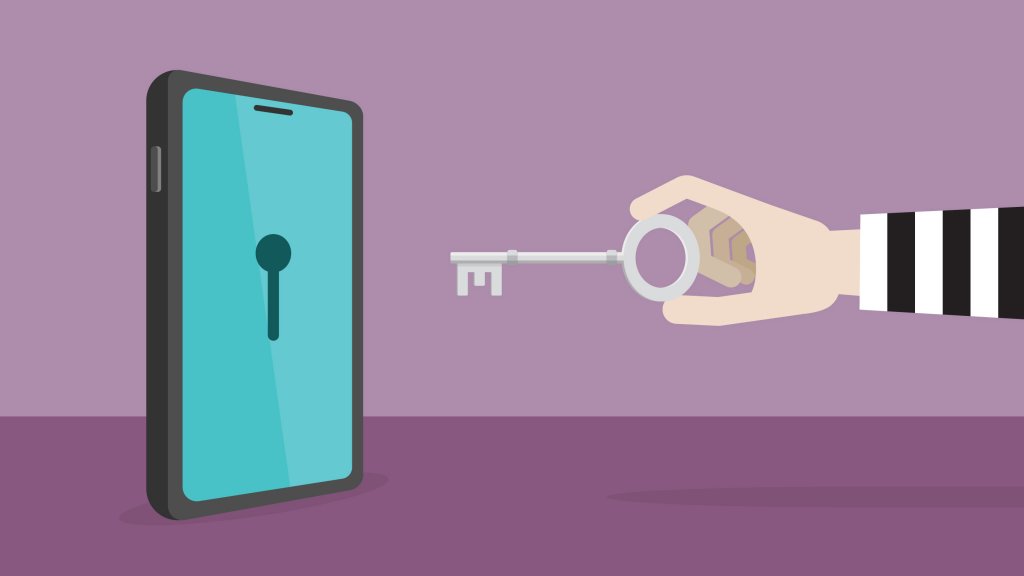1- Privately Owned Online servers
One of the most secure ways to store your business data and information is through privately owned online servers. These servers emphasize the security of all your information. For example, there are servers that provide access to secure storage also have tools and programs that are specific to your company and its needs. These servers operate under unique software and programs that are designed for the multiple purposes of recording and storing your data. These services and security measures will, however, come at a premium for both the cost of all the encapsulating programs and services for your business field in addition to the security.
2- Public Cloud storage
If you are looking for more affordable means of storage, public cloud servers are available to store your information. These are more serviceable for small businesses and smaller companies as the storage space available is not going to offer the same space as private larger servers. You will be able to pay most cloud servers to expand that storage space but that is the extent of limitation for most platforms. Public cloud services do not offer program-specific tools and may limit the files to more general types not linked with certain business software that you may need. It is important to acknowledge your company and have self-awareness of your needs to be able to best fulfill those requirements to operate smoothly.
3- In house servers
If you are a larger company that can afford to spend more money on your business data and information, it is recommended to have your own servers to store all your company data. These can be designed to work with file types to easily store and access information needed by other applications and programs. These servers will secure your information with the least amount of risk as access is limited to company employees. This, however, does not mean there are no faults with this option.
It is advisable that the business owners have a working understanding of the servers or can trust multiple technicians to access and secure this information. If these steps are not ensured, then your company risks putting valuable data in the hands of one or a few people that can then hold your information hostage in the event of a discrepancy. Make sure that you take precautionary steps when setting up servers within your company.
4- Secure Desktop
For small business owners and those that have startups, you might be able to get away with storing your information on your own computers for the first few years before your company sees much growth. To make your computer completely secure, ensure that you have strong security software to keep all your information, business and otherwise, safe.
It is advisable if you are keeping your company information on a computer, to designate a separate one for work that is not for personal use. These files should always be backed up using other forms of secure storage as well. Additionally, once you begin to grow as a company, it is then time to look at options in storing your information more securely.
5- External devices
In addition to storing your information on your computers, you should always periodically back up your information on multiple devices. Whether it is on external hard drives, SD cards, or other memory devices, you should store your information on devices that you will keep somewhere safe. The risk with external storage is that these devices can become corrupted or damaged, resulting in the loss of data. It is good practice to be creating backups of all your information from time to time, as this will safeguard your company in any such events.

6- Hard copy
Although all information is stored digitally to create an easily accessible and efficient means of security, there may be times that you still decide to keep hard copies of your company data and information. Small companies can do this with their data when starting out, as the information they have will be easier to keep track of. Again, once they begin growing, it will be important to digitize the data they have to be able to quickly organize and access it. This information should be stored safely and away from other stored backups, but also at greater risk of being damaged.
Your data is your company’s lifeline. You need to make sure that you understand the best, most efficient ways of storing your information for your type of company. Certain practices will work better for one company but not all, so learn your needs to be able to address them. Keep your data secure so your company can grow.



